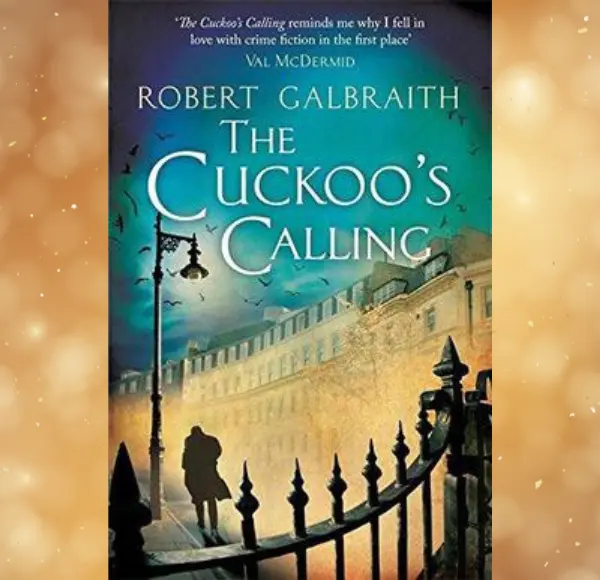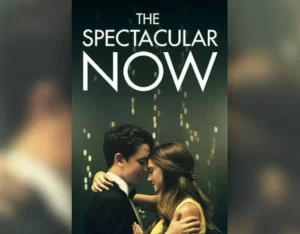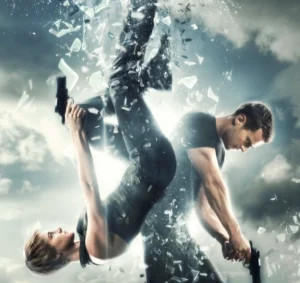Sometimes a reputation preceding a book can ruin a reading.
Take for example, the new crime novel, The Cuckoo’s Calling. This suspense novel might have fallen off the literary radar all together if word hadn’t gotten out that a certain Ms. J.K. Rowling had actually written it under the pseudonym Robert Galbraith. Suddenly the mystery was flying off the shelves as Rowling fanatics clamored to see if she could deliver a taunt, suspense novel. And, while parts of the book play cheeky homage to noir authors like Raymond Chandler, the story, as a whole, falls flat. There’s always a high amount of pressure and scrutiny when an author as beloved as Rowling steers away from the genre that made her a worldwide superstar, and in the case of Cuckoo, it looks like she might have caved.
I guess my first issue is the pace of the novel; mainly that there is none. There was no motivation to turn the page; I wasn’t up all night trying to figure out the murderer and, frankly by the end of Part 1, I didn’t even care. Unlike other popular mysteries of the hour like Gone Girl, I found myself instantly bored with the characters and their lack of backstory. Whether you love or hate the main characters in Gone Girl, you still have an opinion on them and in this book I couldn’t care less about what happened to any of them.
Take for example. the main character: Cormoran Strike – a private dick with his own demons, a literary device we have seen again and again. When his old friend’s brother comes in asking Strike to help him figure out who killed his adoptive sister, Lula (a Amy Winehouse/Kate Moss hybrid), Strike is reluctant at first but – surprise – his firm is going broke and he only has one other client so he agrees to take on the case. Cormoran (who comes off as a grumpy Russell Crowe) than dedicates himself to solving Lulu’s murder despite everyone else writing it off as another drug-induced tragedy. Along the way he meets a variety of Lulu’s friends and associates – from rehab besties to fashion designer sidekicks. But instead of introducing the audience to a glossy and glamorous cast of characters we are presented with bland stereotypes of the glitterati. It’s hard to take Rowling’s seriously when she’s talking about cocaine and drug dealers and effeminate fashion designers. It’s like she’s trying too hard to be edgy and is practically shouting through the pages, ‘I can write for big kids, too.”
Strike ends up taking on a temp secretary named Robin (who eventually becomes the Robin to his Batman). The eager secretary helps turn his business around while avoiding asking her boss sensitive questions like how he lost one of his legs or why his long-term girlfriend left him or why his rock star father won’t help him out with anything. Despite her complacent manner, Robin adds a bit of fresh air to this stale mess and its obvious she will make appears in the book’s sequels and be the perfect vehicle for an up-and-coming actress when the book gets optioned for a film.
I guess the real downer of this whole journey is the end. It just seems like Rowling ran out of steam and just decided to sum up what happened in the last few pages. But by then the build up has been so weak (and the culprit becomes so painfully obvious) that you won’t really care one way or anther. It would have been refreshing to see Rowling focus more on Lulu and take the tortured ingenue prototype and flip it on its head instead of recycling plots from B-list movies and pulpy novels from the past.
I wanted to read this book without any preconceived ideas but by the fourth chapter I was fighting off urges to throw the book across the room and start theHarry Potter series again just to remind myself why I love Rowling in the first place.



